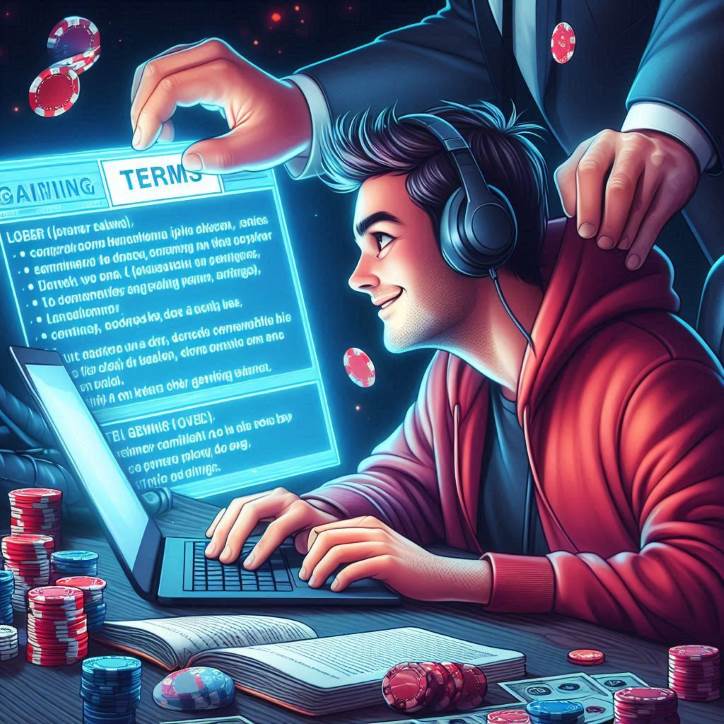The Impact of Gambling Legislation on Online Casinos: What Recent Political Changes Mean for Players

New gambling laws can change the way online casinos operate. Governments worldwide are updating regulations for fair play, security, and taxation. These changes affect operators and players, shaping the future of online gaming.
Some countries are tightening restrictions, while others are opening doors for legal online casinos. For instance, players looking for a Casino site (카지노사이트) must now be aware of shifting policies that impact their gaming options. Licensing, payment methods, and responsible gambling initiatives are evolving, making it essential for players to stay informed.
Stricter Regulations and Compliance
Many governments are implementing stricter rules to combat fraud and money laundering. Online casinos must comply with anti-money laundering (AML) policies, age verification measures, and fair gaming practices. While this increases security, it may also lead to longer registration and withdrawal processes for players.
Regulatory bodies such as the UK Gambling Commission and the Malta Gaming Authority are enforcing these measures, requiring casinos to provide transparency in their operations. For instance, operators must submit reports detailing player behavior, transaction histories, and measures to prevent problem gambling. These policies enhance trust and create challenges for smaller casino operators struggling to meet regulatory requirements.
Taxation and Licensing Changes
Tax policies are shifting as governments seek a share of the revenue generated by online casinos. Some jurisdictions impose higher taxes on operators, increasing costs that could affect payout rates and bonuses. Licensing requirements are also being reviewed, pushing unlicensed platforms out of the market.
Countries such as Germany and the Netherlands have introduced new tax regimes, making it more expensive for online casinos to operate. This often leads to reduced promotional offers, higher wagering requirements on bonuses, and even withdrawal restrictions. On the other hand, jurisdictions like Malta and Curacao remain more lenient, attracting casino operators seeking lower tax burdens.
How This Affects Players
These changes mean a safer but sometimes more restrictive gaming environment for players. While stricter rules help prevent scams, they can limit access to certain platforms. Some online casinos may withdraw from regions with high taxation or regulatory pressure, reducing available options for gamblers.
Players should check licensing details and legal requirements before signing up with an online casino. Those playing on unregulated platforms risk encountering unfair practices, delayed withdrawals, or lack of legal recourse in case of disputes. Additionally, some countries have introduced blacklists, blocking access to unauthorized gambling websites.
Responsible Gambling Initiatives
Governments are emphasizing responsible gambling measures. Online casinos now offer self-exclusion tools, betting limits, and pop-up reminders to prevent addiction. Some platforms require players to verify income levels before allowing high wagers, aiming to reduce financial harm.
Public awareness campaigns are also being launched to educate players about gambling risks. Organizations like GamCare and GambleAware provide support services, offering helplines and self-assessment tools for those at risk of developing gambling-related problems. These initiatives aim to create a balance between entertainment and financial safety.
The Role of Technology in Compliance
Technology is playing a crucial role in adapting to new gambling laws. Online casinos now use artificial intelligence (AI) and machine learning to detect fraudulent activities, track spending habits, and ensure fair gaming. Blockchain technology is also gaining traction, providing transparency in transactions and reducing the risk of manipulation.
Many regulators encourage casinos to integrate Know Your Customer (KYC) protocols, which require identity verification before processing withdrawals. This helps prevent underage gambling and financial crimes, further strengthening the industry’s credibility.
READ ALSO: 5 Reasons Why Political Betting on Yesbet Attracts Dedicated Political Enthusiasts
Future of Online Gambling
The online gambling industry will continue to evolve alongside legislation. Players can expect enhanced security, improved customer protection, and innovative game offerings. However, regulatory challenges may push some platforms to relocate or adjust their services. Staying informed about changes is crucial for anyone engaging in online gaming.
Despite tight regulations, online casinos are expected to remain a popular form of entertainment. Legalization in emerging markets, such as Latin America and parts of Asia, could drive significant growth in the industry. While compliance may require additional effort from operators, players ultimately benefit from safer, more regulated gaming environments.

